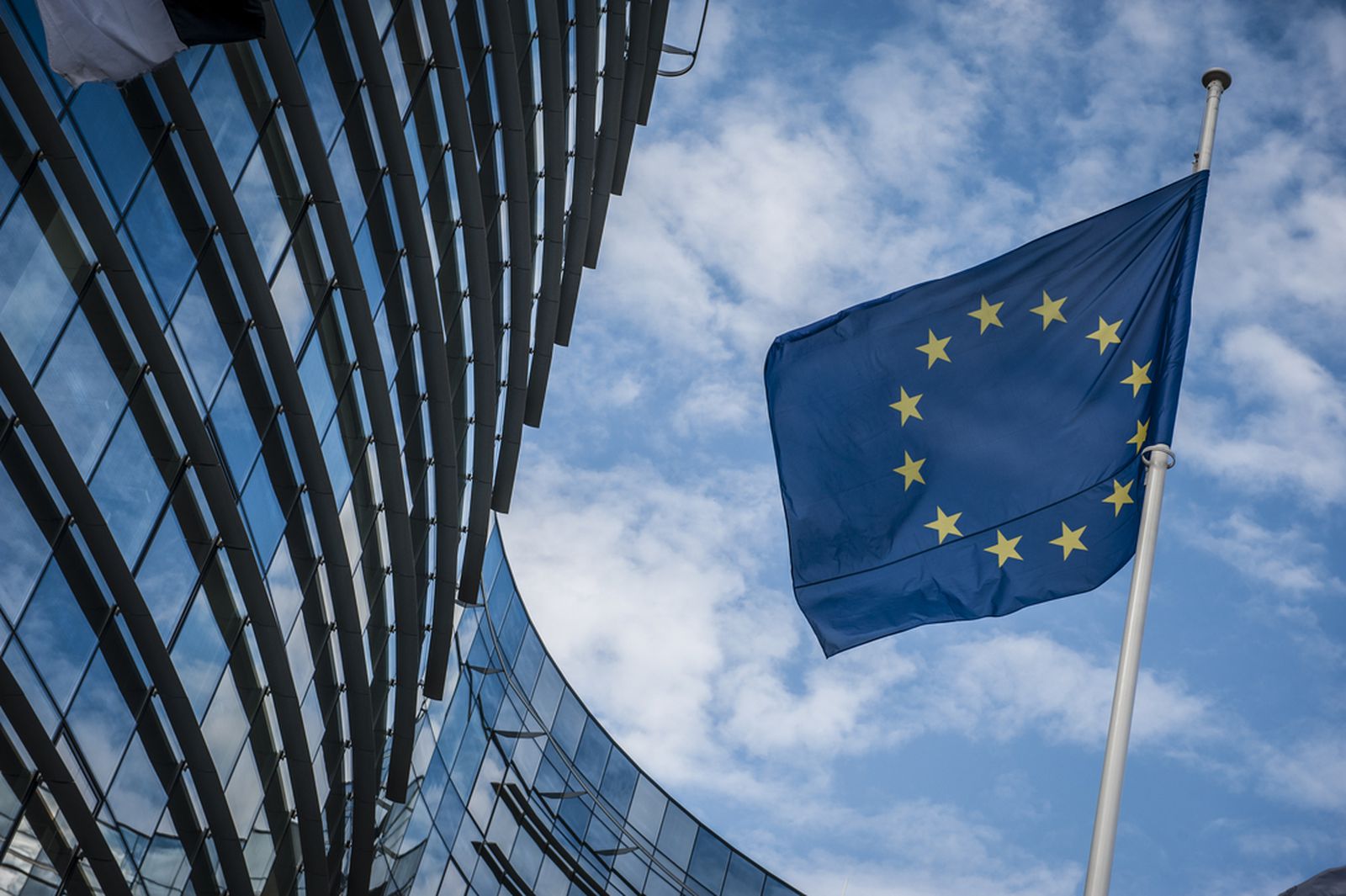We've actually never disagreed on the point that other companies would've had to take action as well. I mentioned it multiple times and at least as far back as just my third comment in this very long conversation.
I mean anti-competitive in a practical sense, not a legal sense, since the latter is still being adjudicated in many places under existing law. If lawmakers didn't view what Apple and others are doing as anti-competitive, there would be nothing to codify into law in the first place. You don't...

forums.macrumors.com
You've somehow only just now realized that we agree on the point that it would've required action from other tech companies, not just Apple. Simply because others are responsible as well however does not absolve Apple of their part in all of this. Not once did I say
Apple alone could have prevented this. There is no contradiction here. Apple had a role to play in heading this off, but they and the other tech companies were greedy and failed to meaningfully act.





